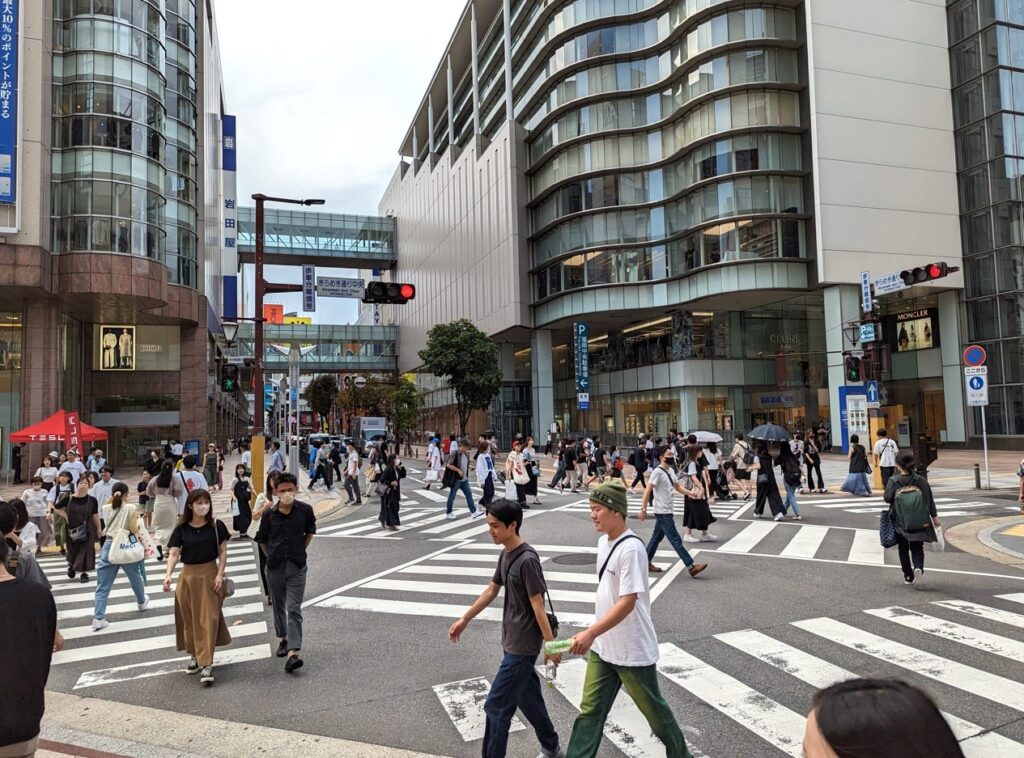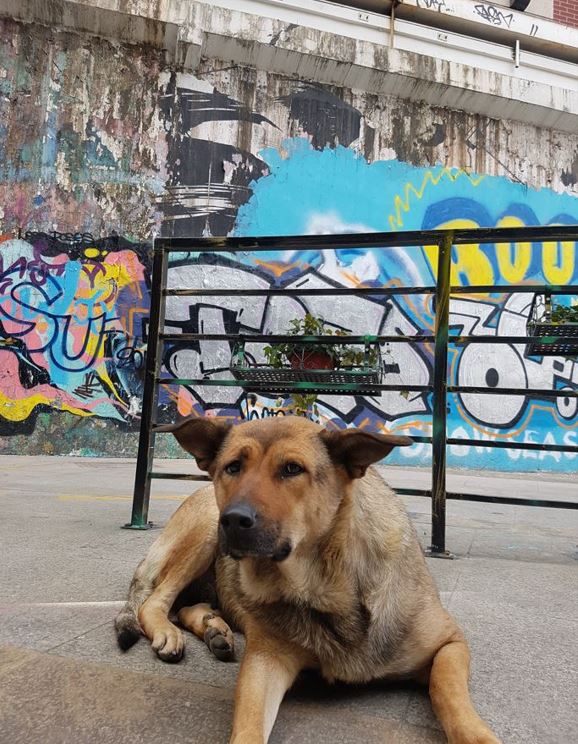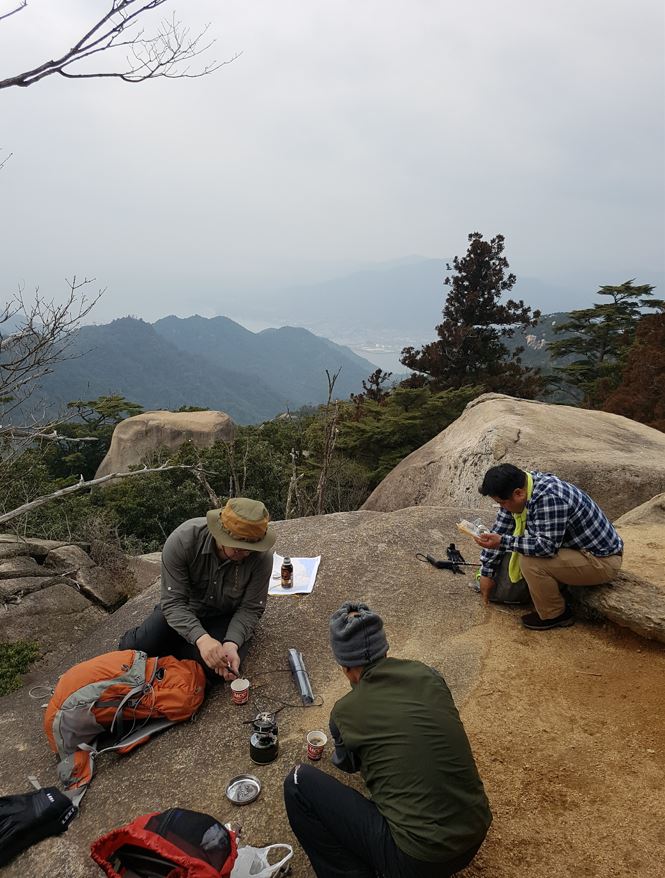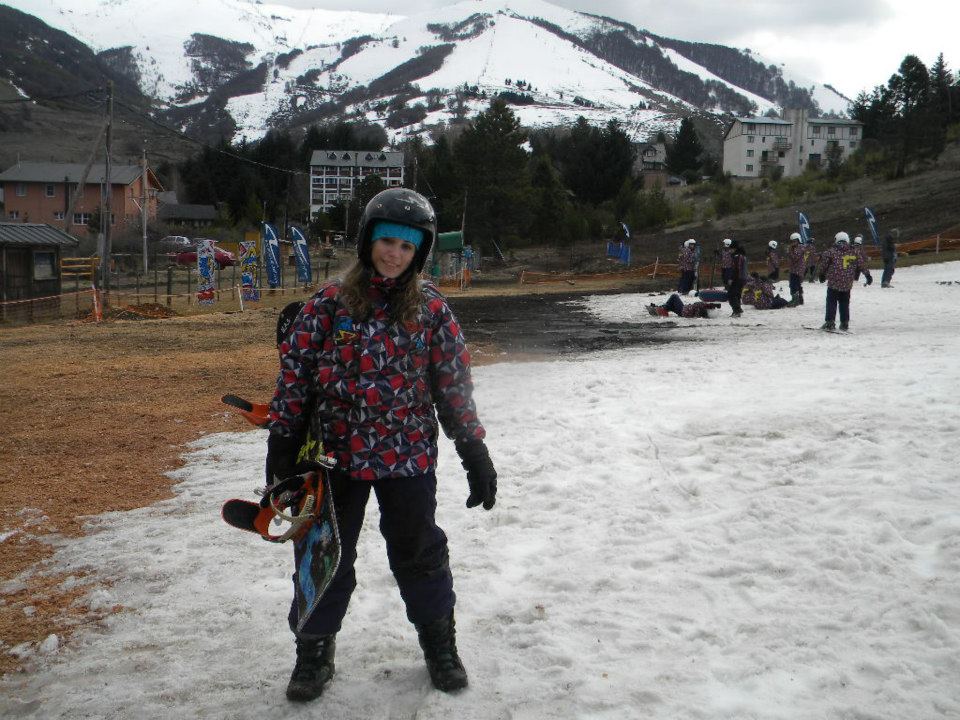
The importance of body language when you do not speak the same tongue

Looking relaxed but slightly wary!
Credits: lumosjoy.com
When it comes to communication, many of us might automatically think about words.
- “Did I pronounce everything correctly?”
- “Was my grammar out of place?”
- “Did I accidentally use the wrong word?”
These might be the thoughts running through your head when you meet a local in a different country. It is probably also the same thoughts running through their head as they try to communicate with you in English.
In reality, you might be surprised to discover that word usage is not the most important aspect of communication. According to Albert Mehrabian, there are three components to a face-to-face conversation.
- Tone
- Words
- Body language
In primary school, your teacher would cross their arms when things were serious. In South Korea, people greet each other with a slight bow of their head to show respect. In Brazil, many people will talk to you with a sense of openness and friendliness.
But how do we get that “sense” of what someone might be like? How can we instinctively predict whether someone is likely to be easy-going, shy, or hostile?
In Mehrabian’s research, communication is mostly expressed through your body language (at 55%). Your tone (how your voice sounds) follows at 38%, followed by word usage at 7%. From seeing and hearing someone in-person, we develop an impression of someone before they even say their first word.
Think of a time when something just felt … off. Perhaps your friend had their head down and shoulders slumped when you saw them. You wouldn’t have believed them if they replied “I’m keeping well” when you ask how they were doing.
Especially when you are travelling in a foreign country, body language is important to be mindful of. Most of the time you will not know the right words to say. Perhaps the perception of your intonation will also be different to back home. In some cultures, speaking fast and loudly can be mistaken for an attempt at hostility, whereas the reason may have been that the speaker was simply nervous.
Body language however, has an almost universal understanding (we know there are exceptions in say, hand signs 😉 ). When you are talking to someone and you keep your shoulders relaxed, your chest open, and brow unfurrowed, you are showing a friendly stance. Their sense will be that you are receptive to them, non-judgemental, and open about yourself. Tense up your jaw, lift up your chin, and put your hands in your pocket though, and an entirely different impression will be conveyed.
When we may not have the best (or any) grasp of another city’s verbal language, it’s important that we lead with non-verbal cues. This way, even if we accidentally say the wrong words, people know that we mean no ill.

Being conscious of our body language can help us make friends in a foreign country.
Credits: lumosjoy.com
Discover more


Year of the Dragon Tet celebrations in Saigon
March 19, 2024

Jeonpo Cafe Street near Seomyeon is popular for young people
August 30, 2023

Dining and restaurant phrases for Cantonese practice
March 29, 2024

Five phrases to know when travelling in Argentina
July 30, 2022

Popular cafes and nightlife in Hong Kong
June 19, 2024

It takes just a minute 🙏
My name is Garry Ho, I’m the founder.
If you have enjoyed our content and found it helpful, please consider supporting us.
All major cards are accepted.
